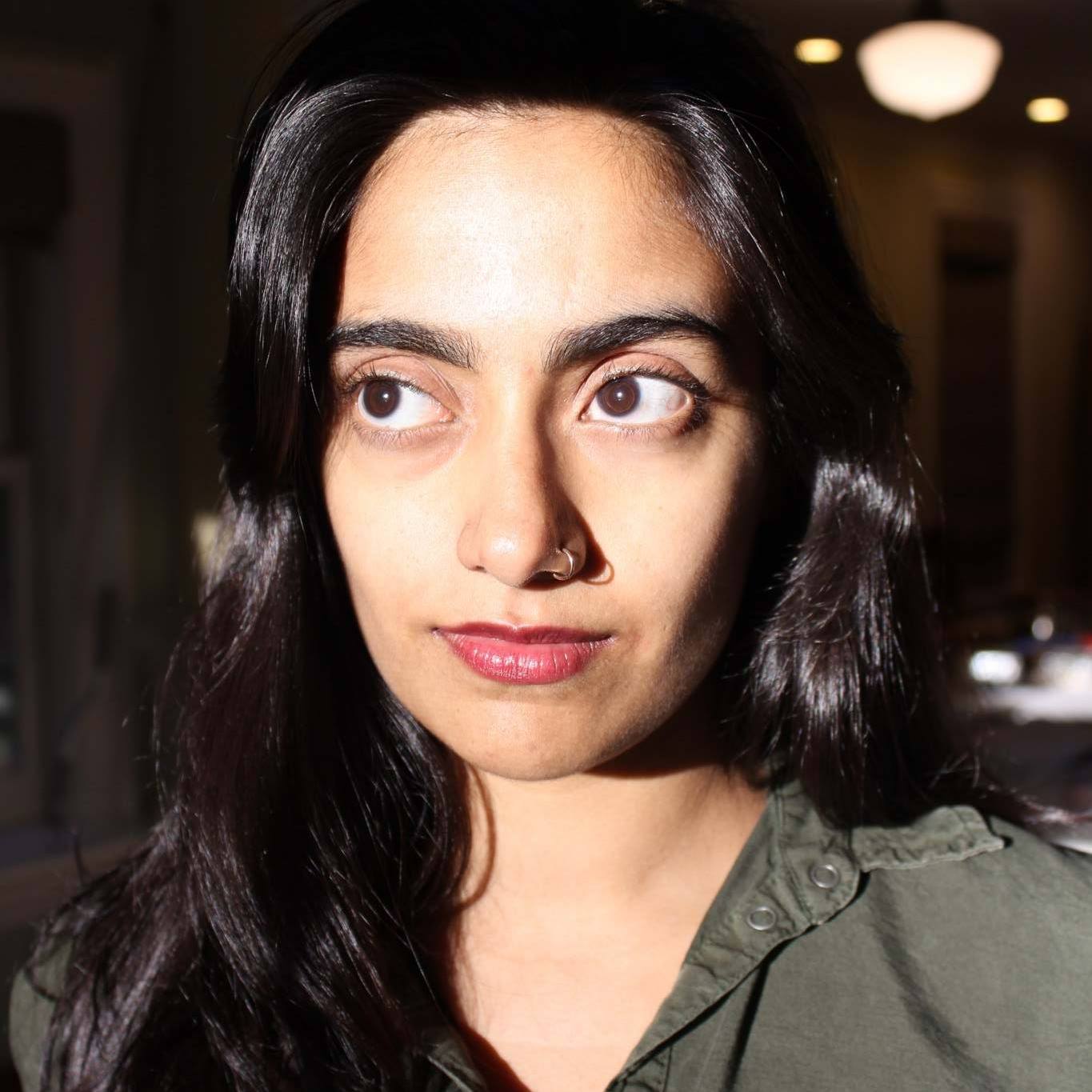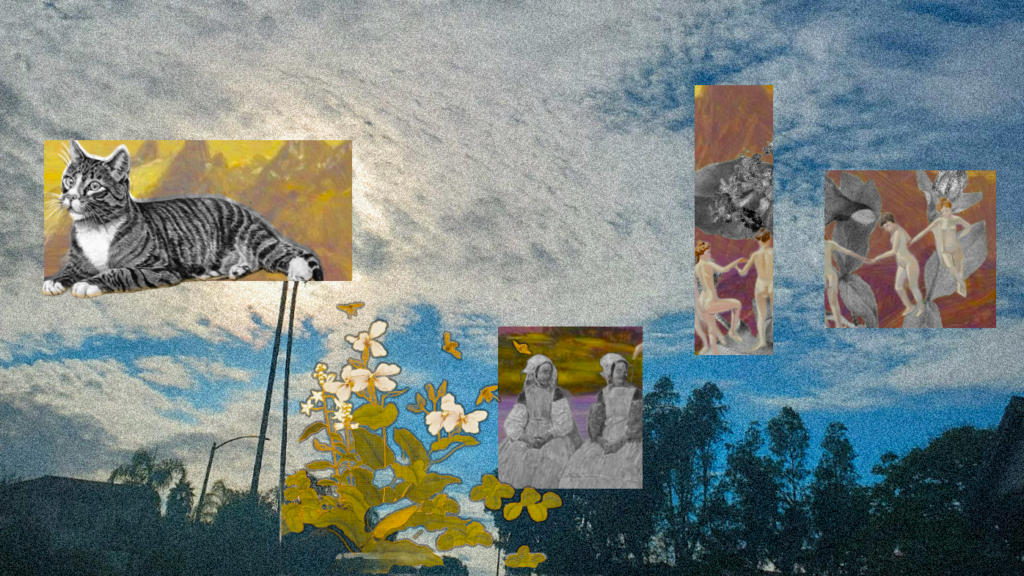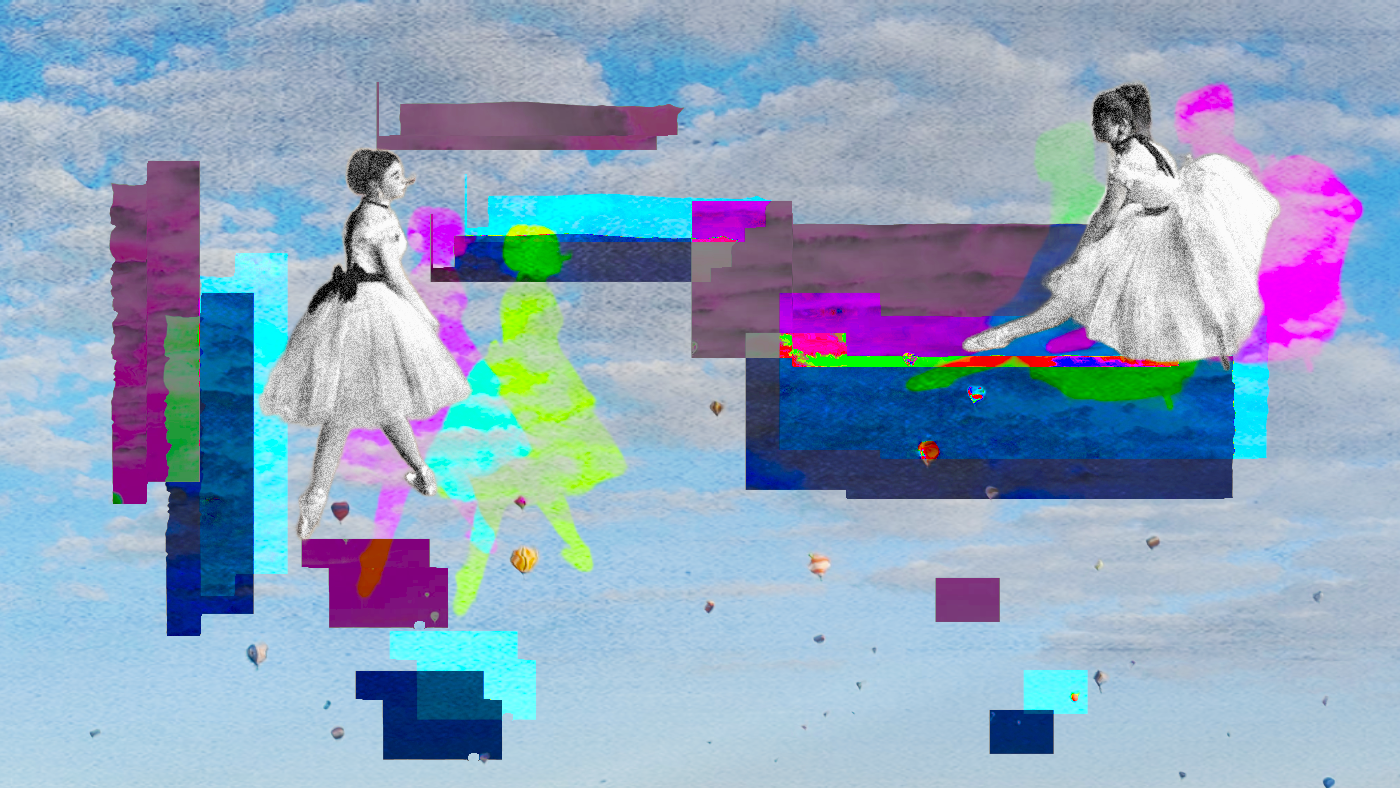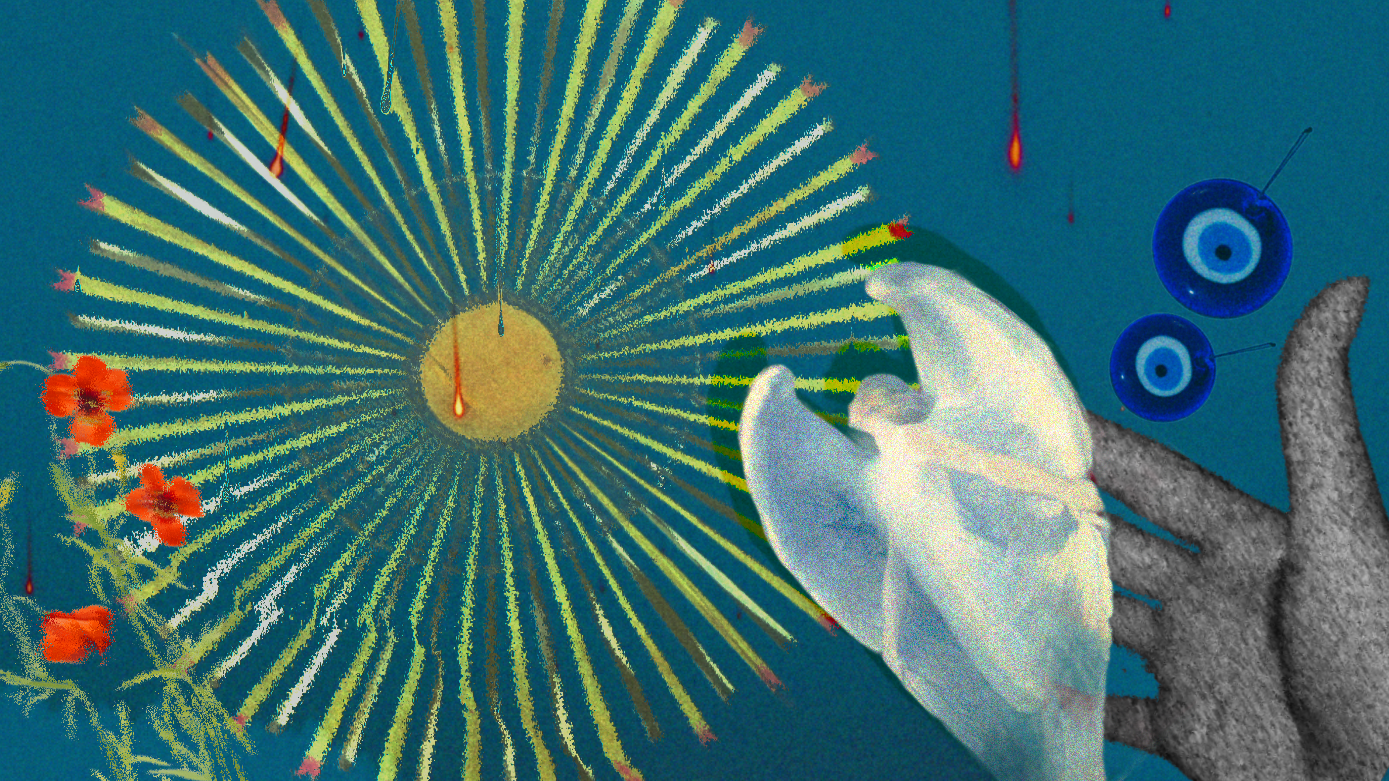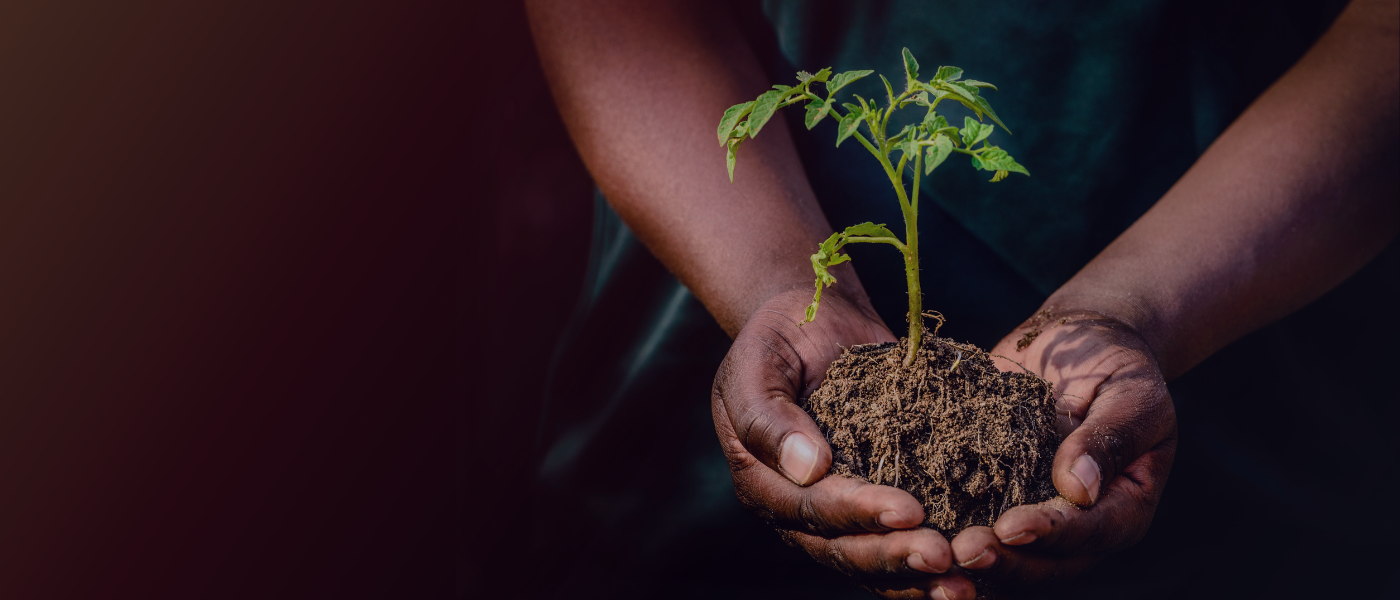POSTSCRIPT
Listen. I am having the dream once again
I am driving down the California Highway
I cross the Salton Sea, the Salt Flats, the Sierra Nevada,
to the desert, along the coast, bathed in wet cotton.
I am flying into the sun—I have forgotten there even is a man
who loves me. In the rain, I forget to call out his name.
Back in New York, three years have passed
and I am in love. The earth breaks open and spills
all my people out with it. My friends, gathered
together, beneath a rajai, drunk as rose petals,
smoking hookah and touching each other’s palms.
And the roses—themselves—
drinking from each other’s cups!
Friend, I am speaking of the sky,
the open shutters, the heart-soaked stone,
the river’s refusal not to flow.
IN TEPOZTLÁN, A CAT DREAMS OF KANDAHAR
In Tepoztlán, Nyree and I are together in the bougainvillea hotel. We are imagining a monastery. I order a chicken stewed with tomatoes and olives. All around cats swarm our legs like wasps. A firework goes off over the side of the Tepozteco and its crack is felt over the valley. This is localism, I think, the way the sound of the plot traverses the hollow with its many hands, the way these ruptures slow time to a treacly syrup. “Not a good place for a person who has lived through war,” she says.
It is the hundred and fifth day of the genocide in Gaza. Nyree tells me how they begin their stories in Yerevan. “Once it was, once it was not.” A creature infinitely smaller than an ant walks languidly across my page. And—in a minute—it has not. Once it was that the hospital in Gaza City destroyed on this day by the Israeli occupation was called The Turkish-Palestinian Friendship Hospital. Inside its walls, dying men live breathlessly under bombardment, inhaling smoke from nearby drone strikes. Once it was. Once it was not.
In the shadow of the clock-tower, Nyree is telling me about watching the war in Gaza unfold from the San Francisco Bay on the American televised news. I am telling her how I watched Kabul fall from the front porch of a house in Los Angeles. The house, carved into the side of a canyon, such that each evening I watched the sun recede and splinter over the valley below. And from there I waited those first few hours, listening as the land invasion trickled in over the Indian news.
Once the British Crown and Tsarist Russia never played a game of chess across the Khyber Pass. They never stood with their trouser legs rolled up on opposing banks of an ancient river for a century or more. Once two proud and expanding empires never approached each other on foreign land. No blade ever danced its way into a wound. No knives singing old songs from in between their teeth. What could it matter what name they once used and once did not use for the scant smattering of soil laid between them, known to neither of them? If once it was that neither of them were really there? Once the Red Army never marched across the border into a valley of lions. Once there were no trade routes into Balkh nor Bukhara. Once no rattlesnake slept soundly in the village of angels. Once no unbaked clay pot with which to drown—or cross—the churning river. Once Moscow never turned off all the lights just to see what all could be hidden in the dark. Once Washington never entered the territory of any people, any nation, only unlatched its heart and threw open the doors. Once no man had ever crossed the Indian Ocean, nor the Caspian Sea, and as once there were no voyages into the Indus, the Orient, or Anatolia, there never were any adventure plots of their partitioning into pieces, pieces to be scattered, bartered, lost, to be had either. Once the Taliban never released a city called Kabul from their palm like a bird—because once there was no palm, no bird—nor any plot strung between them. Once there was that there was only one prophet and in the tales of the prophet only one teaching: to listen to what comes leaking out of the heart.
Tonight, in Tepoztlán, twenty people stop to take pictures of the full moon from the top of the curved hill. Everywhere around us are parked classic cars. The sun has set over the valley and there is a chill in the air, but we can feel the heat from the walls of the sun-drenched street. I palm the stone as I descend the mountain. This village reminds me of Los Angeles, Kasauli, Shimla. Sorrowful cyprus trees, bougainvillea dripping onto everything like pearls and lace. From beyond a gated garden, a memory of Kurdish bow string instruments. Houses carved at every angle into the mountain’s side. Tiny schoolgirls in uniform, ribboned braids in their hair, propelled by topography and magic, sail down the mountain paths leaping over every other step. Once it was all here, and once it was no longer. Time is stranded here—between pearls—its caravan of night and day temporarily vacant. Here, at the table, the wasp and the honeybee, weave between the hanging bougainvillea like the invention of time. The smelling of a distant smoke.
Once it was that I met after a great expanse of time my cousin in Bombay, who once was and once was not on a team of railway engineers who tripped and fell into regional diplomacy and worked on a series of lovingly named projects: the India-Afghanistan Friendship Bridge, the India-Afghanistan Friendship School, the India-Afghanistan Friendship Power Grid. Once I began to see even this mapping as a care-work: a cartography of caretaking relationships through architectures and infrastructures. Of his railway colony apartment I remember only windows. From the windows glimmered the Arabian Sea. The mirage of water, iridescent and streaked blue, extending its hands to touch the Gulf of Oman, Persian Gulf, Yemen, Ethiopia, Somalia, Egypt, the Red Sea, the Sinai Peninsula, Jordan, and Palestine. Once it was that I counted the ways we were connected, historically by the water. Once it was that we shared an alphabet. A terrain of language. A custom of dancing. A small thimbleful of salt.
Once from across the dinner table, I asked my cousin timid questions on catastrophe: his two eyes and the light within them waning. The long road to Kabul and his sudden loss of sight. And once it was that from across the dinner table, he began to sing a lionsong, the plot of Maharaja Ranjit Suri, blind in one eye since boyhood, who unified all of Punjab. “Still he ruled the Sikh Empire through forty years of peace. And once it was that his seeing stretched as far as Kandahar!” Afterwards, he told me quietly about driving checkpoint to checkpoint along the government road to Kabul. Taking in the falling light and savoring every drop. How deeply the land had been decimated by airstrikes. His two eyes which had already begun to dim. Once this was the road to Kabul: standing in Peshawar and casting your sight like a net towards the setting sun. Once this was the road back home. Once it was. Once it was not.
Where is the bloodclot between our lives and your claim? The cat is asleep in the shade of a honeysuckle. She is leaping onto the table, dancing her tongue between the chicken bones. She is feasting in Khan Younis. She is dreaming of Kandahar. Once it was we were stranded in this caravan between night and day. Once it was a tradition when calamity arrived at our city gates to gather at midnight and sound the Azaan. Not a call to prayer but a call to protest. In Kashmir, in Gaza, in Dhaka. Once it was that God’s forgotten people learned to caretake one another through architectures and infrastructures. Began to forge new grammars of protection under the canopy of the ancient world. Once it was that the house was carved into the side of a canyon. Once it was that we sat together on a front porch and our looking spilled out over the valley. Once it was that coyotes circled the perimeter. Cracked pomegranates fell from the air and bled into the streets. Once I refused to look into my own two hands, their deepening rift, the strange fruit clasped between them, the pregnant hollow with no stone. Here at the table, the wasp and the honeybee, the invention of time, a distant smoke. I am holding out both my hands for my fortune. I am drinking in the earth’s bitter light. I am trying to love that which is leaking in the dark. I am looking up at you from the bottom of your cup. I am trying to be alive in this world. I am trying to exit this world alive.
SPIKE LEE BLOCK PARTY
It was the last August before turning thirty and everywhere I went babies tried to feed me things. A mineral heat was rising off the surface of my skin like a magnetized charge or the blind scent of ovulation. A dark memory bubbling up and growing slowly from within me, like a reflection, a moss, or a yeast. I found I was at last patient. Able to bathe in stillness. To watch a thing transform before me piece by piece. I wrote slow letters to everyone. I shaved cardamom soap. I laundered the curtains in anticipation. Life was about to offer itself up to me. I took inventory of everything I owned. Placed everything in a new and unseen place. I began to write in a script legible to no one. I hung wind-chimes from the trees’ green branches. In the nights, I tended to seeds I had planted into the hollowed shells of my morning eggs. Everything I longed for that August was a spell cast in the time signature of future-past. I awoke and realized the friend I had been longing after was my father. In my anger, I had forgotten who he was, and how he was, and how he had come to be that way. But on that morning I awoke to new knowledge of his being. His way of roasting fish and steaming rice, of speaking in metaphor. His caretaking the single jewel mandarin on a solitary branch of orchard. His fervent request to FaceTime the magnolias in bloom. It was balmy and I was once again untethered from everything. I had learned this fact which brought me great solace—that everything you do not intentionally seek out simply melts away and disappears. I had lost the race war at the art magazine. I went to an afternoon picnic and ran into all my white ghosts, and found they would not speak to me and only spoke around me, projecting their swelling voices against the late summer air to ensure the sound carried uninterrupted through my vacancy of space. Someone told me men will only have children against the barrel of a gun. That I should find a man a few years younger so we might walk into a room with equal power and exit it still the same. I thought of many things that August. I thought of sex and the lines below my belly. I thought of men and sweetness. I thought of rain in the night and time passing. I thought of the first wish one makes when stepping out into a new sea. I was drinking myself clean. Everything I did that August was to clean myself out from within with a heat. I became the shade for myself in the desert. I became a reflection in the moon’s spilled milk: all the earth’s shattered teeth. In a dream, I rode the Shatabdi train for three days and three nights and held hands with the Arabian Sea. It was thirty nights until I turned thirty. The clock’s hands ticked on my childrens’ arrivals. My grandmother took up a custom of falling from her bedside in the nights. From a distance a pressure-cooker whistled at me each morning, the refrain of railroad song, six times, four times, twice. But I had forgotten it all. Each morning I recited by heart a homespun prayer, the words to which by lunch I had already forgotten. I missed you and hoped never to see you. As long as you did not reappear, I remained safe from the damages of plot and patriarchy. Preserved against the damages of new men. It was thirty nights until I turned thirty, and I was rereading Jung’s Letters to Emma Jung with all the windows open and my nipples out. I was wholly unwitnessed. Every day that August, too poor to travel anywhere, I coated my body with a coarse salt from different distant coastal cities—the Red Sea, Semnan, Guérande, Trapani—and climbed to the top of my building to bathe by their mother seas. I had mastered doing everything remotely. I could fall asleep anywhere, with anyone. And when I rode overnight buses I no longer feared for ticks or lice. I did not even fear for myself. I was a creature made entirely from naked shoulders. To look at me and my bared heart for more than twelve seconds became a novel form of sport in the city. I told myself: Everything I did from this point onward in the story was to claim my pleasure. Someone told me usually all love stories are alike, but the story of you and me was the only one like that she had heard. Usually there is smoke, a hesitancy, a blood-clot. What did it matter? I had found myself freed of you, which felt like a fortuitous accident or a luxurious exchange program for dangerous women, and I accepted it like a stack of hundred dollar bills in an unmarked paper bag belonging to no one. I belonged to no one. I became no one. And being no one became my richness. I let no one in on my fortunes. I let no one in until the very last moment I possibly could. Still I longed for unseen futures—for the fragrance of sandalwood rising from the inside of a man’s wrist. But for a brief season of fruiting, I belonged entirely to myself. A clock was ticking in the distance. An unformed question bubbling from my navel like the warmth of summer’s close.
